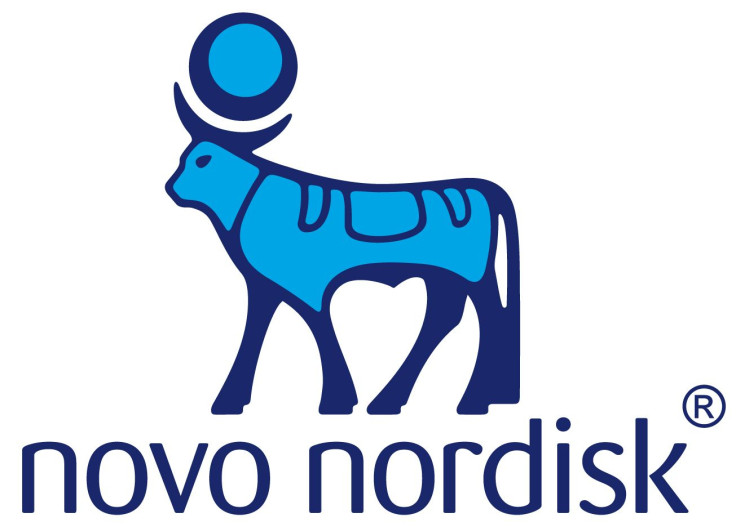Diabetes Drug To Be Sold As Weight Loss Medication

Danish pharmaceutical company Novo Nordisk announced plans to re-brand and sell its diabetes drug liraglutide (Victoza) as a weight loss drug for obese people by 2015. Currently, the drug is approved and sold to help regulate insulin production in people living with type 2 diabetes.
The marketing push follows from successful Phase 3 clinical trials, in which non-diabetic patients achieved an 8 percent weight reduction. Given that obesity is such a large problem in the U.S. and high-income countries, Novo Nordisk could enlarge their customer base and profits substantially.
The most recent trial consisted of 3,731 non-diabetic obese people without diabetes. At first, 61 percent of participants taking liraglutide were pre-diabetic and have a high risk of developing diabetes. By the end of the 56-week trial, 69 percent of the pre-diabetic patients were no longer considered high risk.
Pharmaceutical industry analysts are divided in opinion on the drug's future, some originally doubting that the drug would be approved to counter obesity, Reuters reported. "The modest efficacy supports our hypothesis that the drug is unlikely to be a significant commercial success," said Deutsche Bank analysts who are critical of the drug's high price. Other analysts believe that the drug could has the potential to make as much as $4 billion in annual sales once it hits the market.
The price of the medication is not cheap at $25 a day, especially when compared to similar drugs manufactured by other companies. Lorcaserin (Belviq) manufactured by Arena Pharmaceuticals and phentermine and topiramate extended-release (Qsymia) by Vivus are both marketed as weight-loss drugs that cost around $5 a day. Mads Thomsen, chief scientific officer of Novo Nordisk, expects that patients would be willing to pay the higher price because their medication was far better than that of the competitors.
The European Medicines Agency (EMA) approved the drug for the treatment of type 2 diabetes in 2009, and the U.S. Federal Drug Administration followed suit in 2010. The medication is administered by injection and acts on receptors in the pancreas to stimulate insulin production. An oral version of the drug is currently in clinical trials.



























